Table of Contents
ToggleSources
- https://www.britannica.com/topic/democracy
Britannica provides a comprehensive overview of democracy, including representative democracy, and explains its historical and modern contexts, making it a reliable source for understanding the basics of democratic systems. - https://www.freedomhouse.org/
Freedom House is an authoritative organization that assesses the state of democracy around the world. Their reports and data on democratic countries support the claim about the prevalence of representative democracies globally. - https://www.archives.gov/founding-docs/constitution
The National Archives provides the original text of the U.S. Constitution, which is essential for understanding the framers' intentions and the establishment of representative democracy in the United States. - https://www.swissinfo.ch/eng/politics/direct-democracy_how-direct-democracy-is-practised-in-four-countries/45810052
This article from Swissinfo offers a detailed look at Switzerland's system of direct democracy, providing a relevant comparison to the representative democracy discussed in the blog post. - https://www.ncsl.org/research/elections-and-campaigns/initiative-referendum-and-recall-overview.aspx
The National Conference of State Legislatures (NCSL) provides an authoritative overview of direct democracy mechanisms like initiatives, referendums, and recalls in U.S. states, supporting the examples given in the blog post.
Key Points
- Representative democracy involves citizens electing officials to create and pass laws, rather than voting on laws directly.
- The US is a prime example of a representative democracy, with elected officials in Congress and the Electoral College system for presidential elections.
- The framers of the US Constitution favored representative democracy to avoid 'tyranny of the majority' and ensure a balanced government.
- Benefits of representative democracy include efficiency, expert decision-making, and reduced burden on citizens to vote on every issue.
- Disadvantages include potential for representatives to ignore public will, voter apathy, and susceptibility to corruption.
- Direct democracy, an alternative, allows citizens to vote directly on laws, seen in referendums and initiatives, but is less common globally.
- Switzerland is a modern example of a modified direct democracy, where citizens can challenge laws and propose amendments via referendums.
- The US incorporates some direct democracy elements, such as recalls, veto referendums, and constitutional amendments at state levels.
- A balance between representative and direct democracy is often seen as ideal, leveraging the strengths of both systems.
- The framers' choice of representative democracy was justified by the need for practicality and governance efficiency in a large, diverse nation.
Summary
The blog post explores the differences between representative and direct democracy, using the U.S. as a key example of a representative system where citizens elect officials to make laws rather than voting on them directly. While representative democracy offers efficiency and expertise, it risks voter apathy and misrepresentation, whereas direct democracy (seen in places like Switzerland) provides more public involvement but can be impractical for large-scale governance. The post concludes that a balanced approach, combining both systems, may be the most effective way to uphold democratic principles.
Every country has a choice in how it creates its system of government and law-making processes. Democracies allow for citizens to have their say to some extent. However, there are big differences between systems. The US is a representative democracy, but what does that mean and what was the alternative?
What Is A Representative Democracy?
Representative democracy is a government system that creates an extra stage between public votes and law creation. Instead of voting for laws, citizens elect officials to craft, debate, and sign laws. The idea is that citizens trust those elected politicians to carry out the will of those that elected them.
Representative democracy is one of the most common forms of government. According to Freedom House, approximately half of the world’s countries function as democracies, though they vary in how representative they are. The United States is a prime example, with its houses and political parties.
The United Kingdom is similar in that it elects representatives for constituencies and they vote on laws in parliament. The UK has the difference of being a monarchy but the monarch has little political power.
The idea of representative democracy for the United States came from the framers of the Constitution. They didn’t approve of giving the public greater powers and feared a “tyranny of the majority.” The belief was that by bringing in elected officials, individuals had a better chance of being heard over a majority with extreme views.
The concept of bringing in elected representatives then came into law via the constitution. The Framers established the Electoral College, a system in which electors—rather than Congress or a direct popular vote—would select the president. They also created the Supreme Court to uphold the Constitution.
It was also decided that those elected to the House of Representatives would serve two years terms. However, before 1913 and the 17th Amendment, U.S. Senators were chosen by state legislatures rather than direct popular vote.

Get Smarter on US News, History, and the Constitution
Join the thousands of fellow patriots who rely on our 5-minute newsletter to stay informed on the key events and trends that shaped our nation's past and continue to shape its present.
Examples Of Representative Democracy In The United States Today.
The basic ideas brought forward by the framers are still in place today. There are elected representatives across the two chambers of Congress. Voters elect those in the House of Representatives and the Senate. Additional elected representatives are found at the state level with governors and state legislatures.
Then there is the system of the presidential elections. The public plays a key role in selecting presidential candidates through primaries and caucuses. However, the final selection is influenced by party delegates and, ultimately, the Electoral College, which determines the winner of the general election.
After the primaries, voters typically choose between the candidates nominated by their parties. While many vote along party lines, others make their decision based on individual candidates’ policies and leadership qualities.
This all makes sense in the political world as deals and alliances are made before a new term. But, the best person for the role isn’t necessarily one with mass public appeal. That is where it helps that the president only has limited powers.
What Are the Benefits Of This Representative Approach?
Some important benefits show why this method remains in place. There are benefits in having state senators taking care of business for their citizens. Voters have the chance to put their preferred representative in charge and then not have to worry about ballots until major elections. They can still write to officials and campaign, but there is no pressure to vote on everything that has major national implications.
State representatives should be able to vote based on the will of the people and do what is best for their area. They should also have the knowledge and influence to keep the process in motion.
What Are The Disadvantages Of The Representative Approach?
Although this method works, it isn’t perfect. The biggest problem is that these officials aren’t legally obligated to reflect the will of the people. They can say they will do one thing and then do another. Political influence, monetary gain, and other corrupt factors can damage the integrity of the office.
An additional issue here is that this disconnect from political processes can cause voter apathy. If citizens believe their views don’t matter, where is the incentive to vote?
What Is The Alternative To Representative Democracy?
Representative democracy is also known as indirect democracy because citizens don’t have that direct link between voting and changes in laws. They take the indirect route via their representatives. The alternative to this is direct democracy. Direct democracy allows citizens to vote directly on laws and policies, rather than relying solely on elected representatives. While representatives may still exist, direct democracy systems give voters a more active role in decision-making. We can see this in the form of referendums, but there are also examples of more overreaching direct democracies.
Examples Of Direct Democracy Across The World.
The direct democracy approach isn’t that common anymore. Those that favor a democratic system to a republic tend to go for the indirect approach because of the benefits above. However, there are two examples of societies with a stronger use of the direct approach.
In Ancient Athens, only free male citizens over 18 (not 20) could participate in direct democracy. Women, slaves, and non-citizens were excluded. Also, they did not vote on everything, as some matters were handled by councils and magistrates.
Critics here may point out the lack of majority representation as there were no women, slaves, or immigrants voting. But, the same was true for a lot of modern indirect democracies until relatively recently.
Then there is the current method of direct democracy in Switzerland. This is a modified approach where there isn’t the same constant voting on laws as in Ancient Greece, but there is more power than in the United States.
In Switzerland, citizens can challenge laws passed by the legislature through referendums if they collect 50,000 signatures within 100 days. Additionally, voters can propose constitutional amendments by gathering 100,000 signatures, triggering a nationwide vote.
Does The US Have Any Form Of Direct Democracy?
While the United States is celebrated as a leading model of representative democracy, some forms of direct democracy also play a role in governance. Direct democracy is still essential for certain areas of governing where voters need a direct voice.
We see this as far down the chain as town hall meetings and as high as referendums at major ballots. When used appropriately, direct democracy can have an important role to play. However, differences between the states make things more complicated.
There are plenty of variations in the role of direct democracy depending on the state. Some states don’t allow for much at all in the way of direct action, such as recalls or vetos. Others have plenty of provisions in place to ensure that voters have a greater say. Nevada is a great example of a state with its own rules as there is an option here that doesn’t apply anywhere else.
Examples Of Direct Democracy In Action.
1) Nevada’s Statue Affirmation.
Nevada allows for a process of statute affirmation. Voters can put a question on a ballot to affirm a state law, but only if they collect enough signatures from state voters. A lack of affirmation can lead to changes in the law, while a majority vote for affirmation means that the legislature cannot amend or repeal it without another voter-approved ballot initiative.
That doesn’t mean that the law can’t change in the future, however. Voters can vote to amend or repeal the law at a later date. It is an interesting process that only applies to the state of Nevada.
2) Recalls.
Recalls occur when state officials and representatives are removed from power. This could be due to them abusing their post or overwhelming low popularity figures.
This all starts with a circulation of petitions by recall organizers. If there is a strong enough level of support, then the prospect of a recall goes to public vote so all voters can have their say. The rules vary by state. Virginia and Utah do not allow recalls at all, while other states permit them under specific conditions, such as requiring evidence of misconduct.
3) Vetos.
Vetos aren’t just for those in high political office. There are cases where voters can veto and then repeal state laws deemed inappropriate. This power helps states evolve to the will of the people instead of holding onto outdated ideas.
A veto referendum starts with campaigning by citizens, much like the repeal process. The matter can end up on a public ballot where voters are asked if they want the law to remain or to get rid of it. A veto referendum allows voters to approve or reject an existing law passed by the legislature. This process is available in 24 states, allowing citizens to overturn laws they disagree with.
3) Amendments.
It isn’t always appropriate to repeal a law entirely unless completely unfit for purpose. There are times when amendments to laws are more practical and possibly more likely to pass a vote.
One example is the legislatively referred constitutional amendment. Here, the state legislature has passed a proposed amendment to the state constitution. But, it can’t become law until it goes onto a statewide ballot and is ratified by the public. This is one of the most common forms of direct vote.
Delaware is unique in that its legislature can amend the state constitution without voter approval, though it requires approval in two successive legislative sessions.
A similar form of amendment vote is the initiated state statute. This is another way of getting a change to the state constitution, only this one is initiated by the people. As with so many of these methods, there are different rules in different states. 21 states allow for an indirect approach when citizens can initiate statutes that go to representatives. Just Utah and Washington allow for both direct and indirect initiated state statutes.
What Are The Benefits Of A Direct System?
There are aspects to direct democracy that are essential for modern governing. One of the notable benefits of a direct system is the level of transparency. While the indirect system leaves room for corruption and self-serving individuals, there is less room for that here.
There is a great open forum for debate with a democratic vote that represents a majority view. On top of this, government officials in charge of signing in laws can’t feign ignorance over public opinion.
There is also the idea that citizens in direct democracy systems are more inclined to vote if they know that their vote counts. However, there is also the idea that those disinterested in politics or certain ideas will decline and create a disproportionate minority vote in favor of an issue.
What Are The Problems Of A Direct System?
Some disadvantages show why the U.S. doesn’t use the direct system in the same way as Switzerland. This idea of diminishing enthusiasm for voting could be a problem if there are too many ballots. There has to be some level of control over how many laws are in the hands of the people or else it would never end – especially with state and federal laws.
There is also the issue that if you put a notion to every eligible voter you won’t get a clear idea of what people want. Some will be strongly opposed, others strongly in favor, and many more asking for changes that suit their personal needs.
Is A Balance Between Indirect And Direct Democracy The Best Approach?
Because there are such strong pros and cons to both methods, a balance of the two is effective. The size of the US and the complex needs of all the states makes full direct democracy impossible to uphold. The role of elected representatives makes it easier for whole states to feel heard – even if the process is flawed.
However, the importance of upholding the will of the people means that representatives can’t hold all the power. There are times where public ballots are essential for the evolution of laws and the integrity of the political system.
Were The Framers Right To Choose Representative Democracy?
In short, regardless of our personal feelings towards elected officials, we can’t deny they are essential. Representative democracy was the right choice for serving the country and getting things done. It may be flawed, but at least there are direct democratic options to call on where necessary.
What Is A Representative Democracy? Quiz
Frequently Asked Questions
What is a representative democracy?
What are the benefits of a representative democracy?
What is the alternative to representative democracy?
Does the United States have any form of direct democracy?
What are the disadvantages of a representative democracy?
How useful was this post?
Click on a star to rate it!
Average rating / 5. Vote count:
No votes so far! Be the first to rate this post.
We are sorry that this post was not useful for you!
Let us improve this post!
Tell us how we can improve this post?

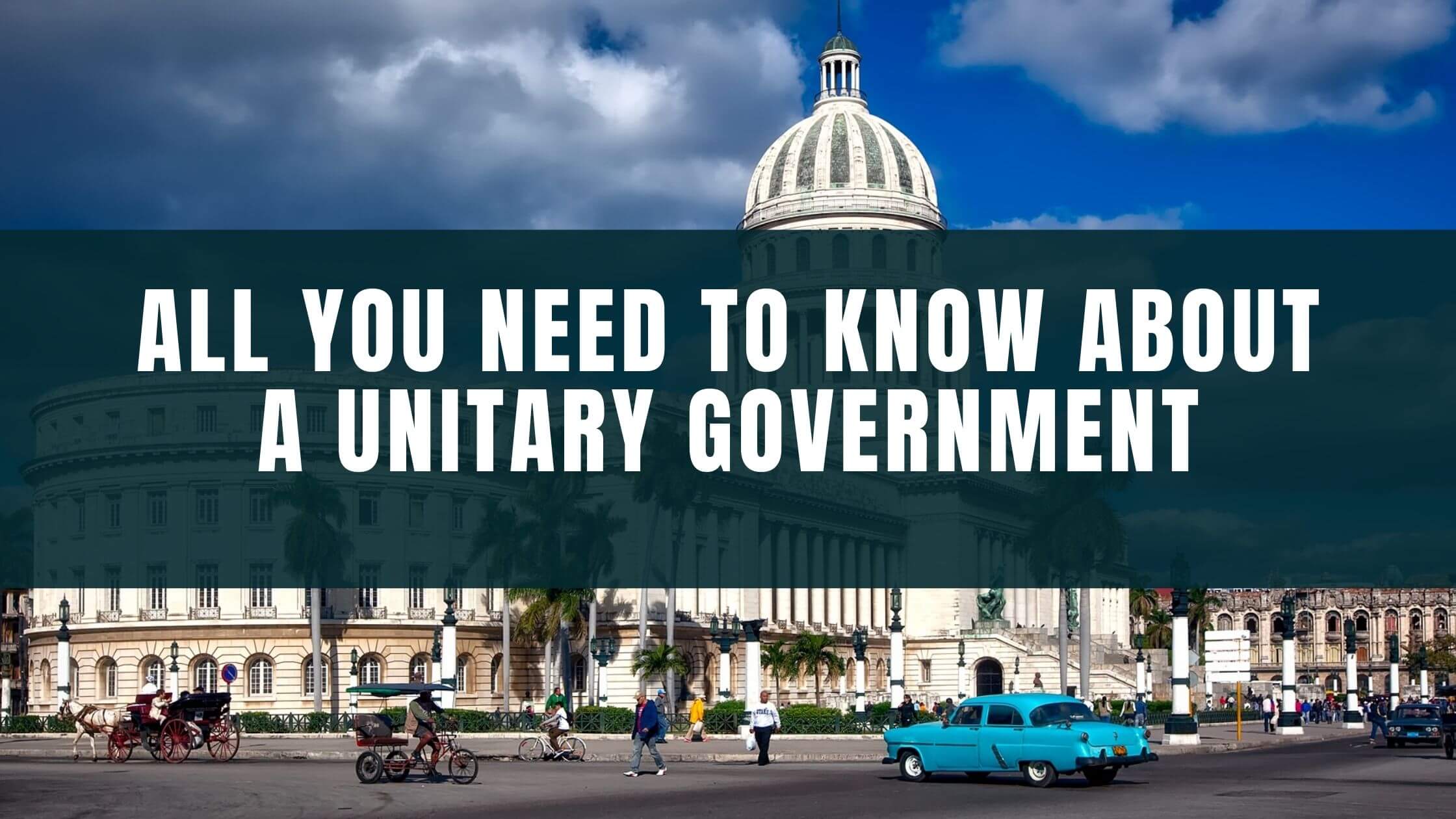
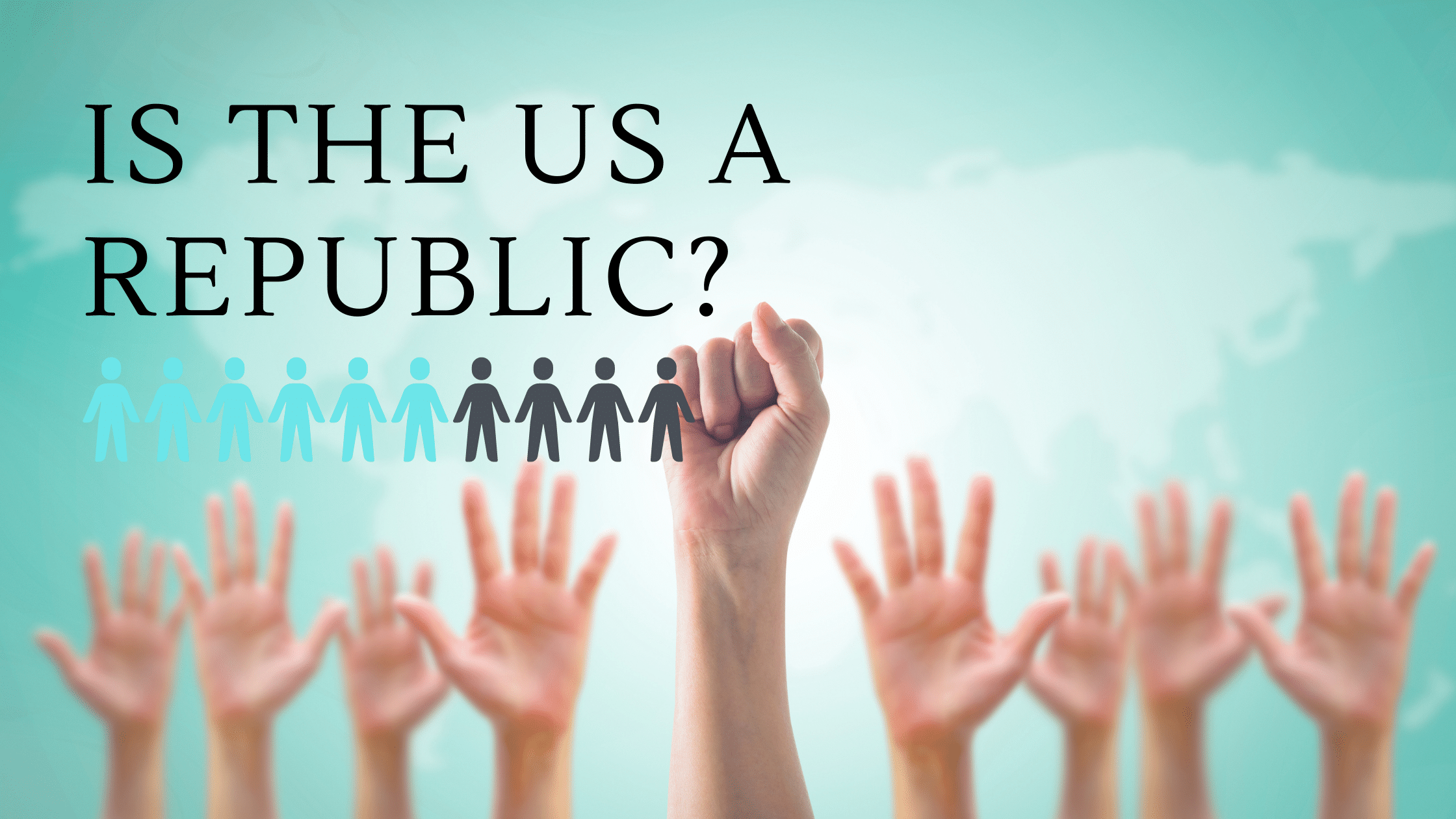
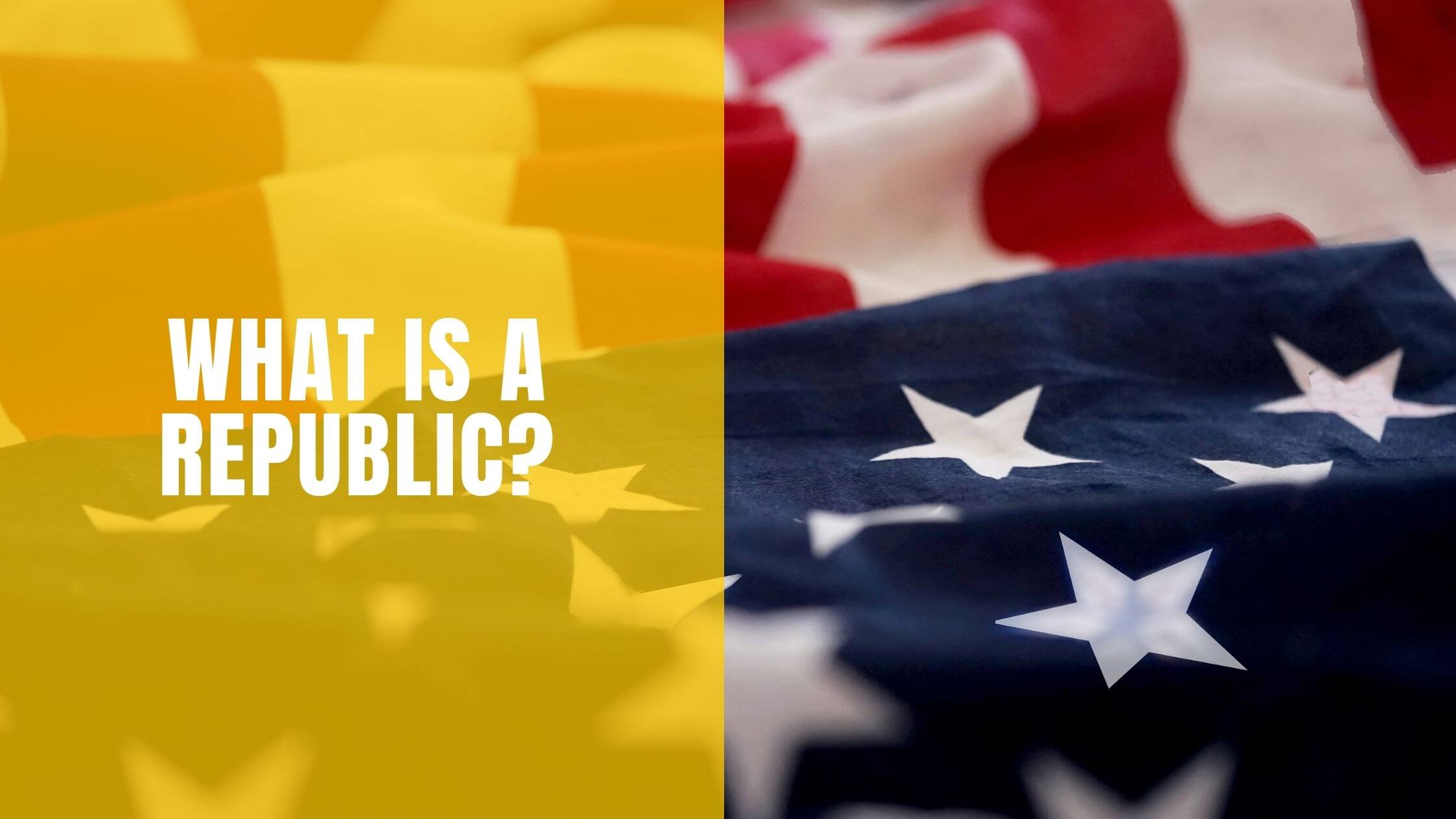
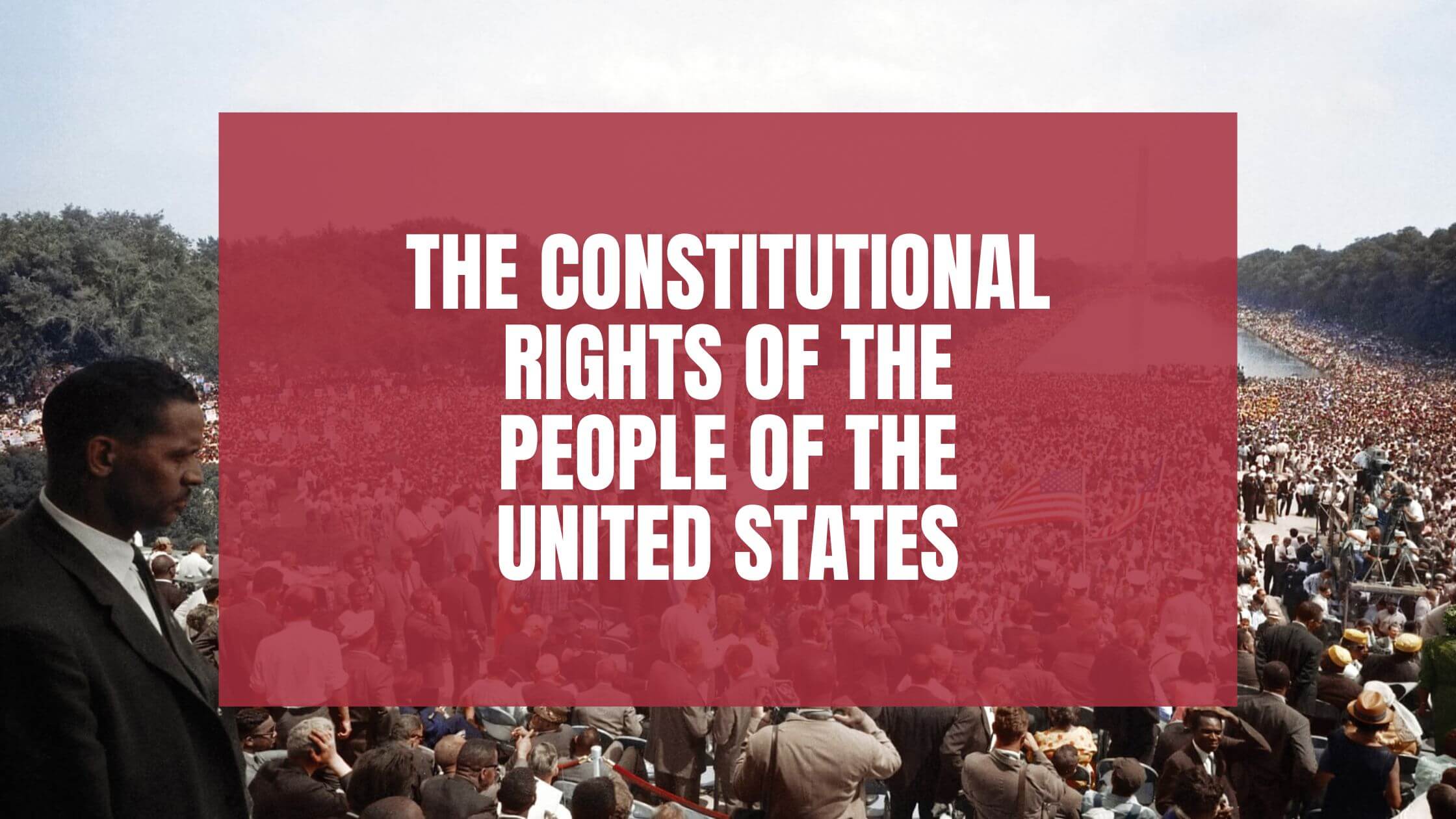
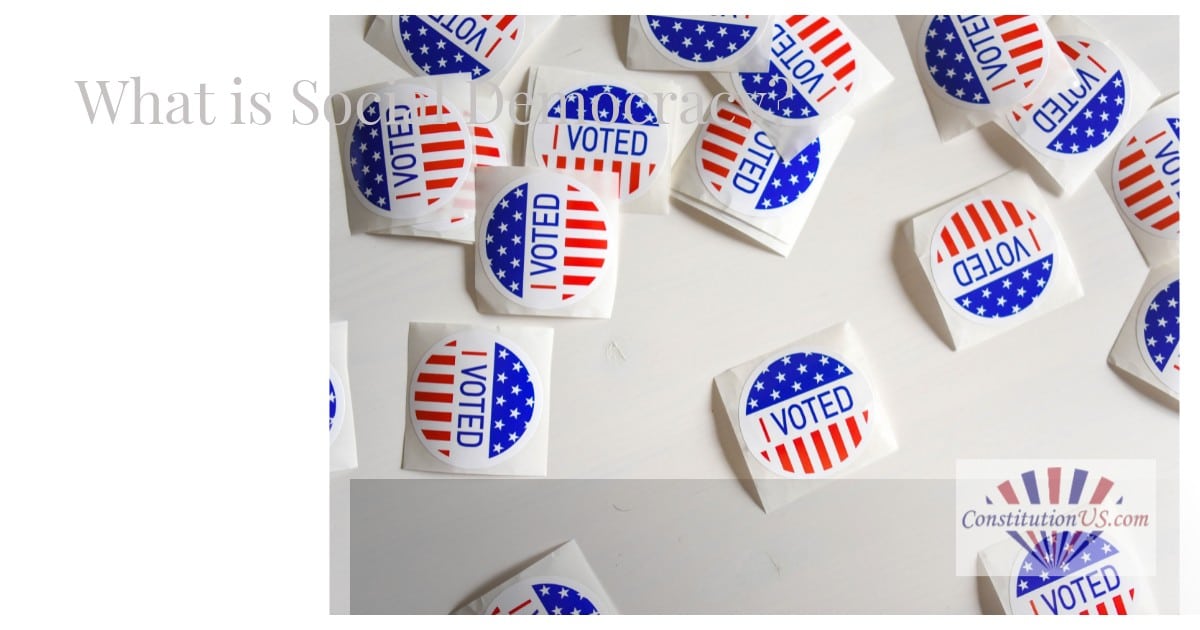
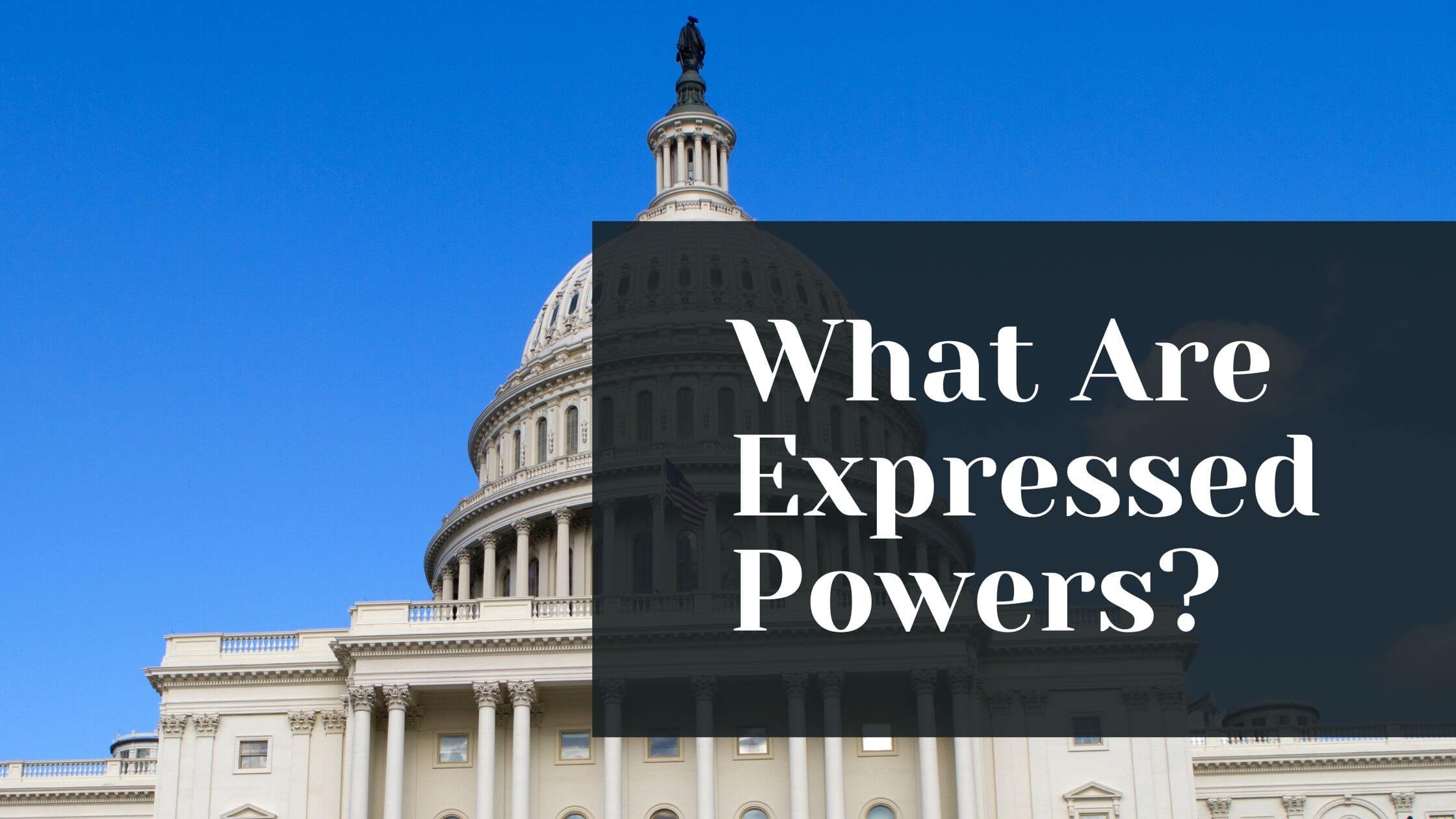
2 Responses
I am trying to answer the question of why we would choose to elect an official/politician versus placing a job opening, and having applicants interview to be hired.
I have my own thoughts on why being subordinate to an agenda you don’t support positions the person to carry out matters that otherwise they would not, and yet being subordinate or insubordinate would cause serious consequences in ones allegiance/alliance to their superior.
In addition I believe that freedom of speech would seriously hinder a hired representative to represent the will of the people and remain subordinate to their boss, rendering constant turnover. and terminations.
I really need to explain why we elect leaders to represent and not hire them as employees instead. help?
We elect officials rather than hire them because elected representatives serve the public’s will rather than obeying a single employer’s agenda. If politicians were hired like employees, they would be subordinate to a boss rather than accountable to voters, risking conflicts of interest and limiting independent decision-making. Elections ensure stability, transparency, and democratic choice, allowing officials to serve fixed terms rather than being fired at will. Hiring politicians would lead to constant turnover, restricted free speech, and governance controlled by a select few rather than the people. By electing leaders, we preserve democracy, accountability, and representation, ensuring officials answer to voters, not employers.